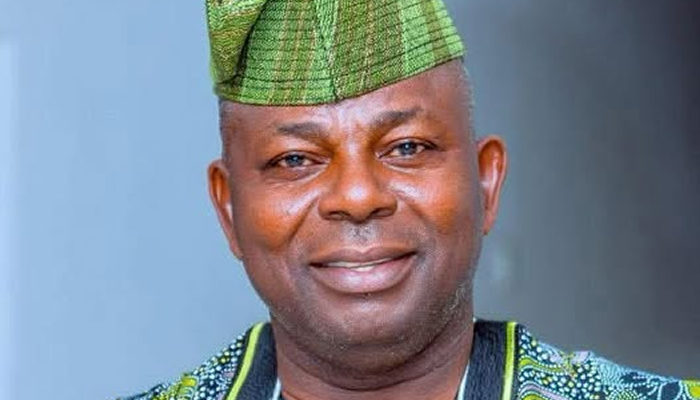The Peoples Democratic Party (PDP) demonstrates resilience and potential for resurgence, as evidenced by recent by-election results. Victories in Oyo State and strong second-place finishes in other states signal the party’s continued relevance and capacity for growth. Preparations for the upcoming national convention are underway, aiming to solidify the party’s structure and chart a course for future success. The PDP remains a viable political force, poised to capitalize on opportunities and regain its position of prominence.
Internal disagreements within the PDP, particularly concerning the Minister of the Federal Capital Territory, Nyesom Wike, pose a challenge to party unity. While Wike claims non-invitation to the convention, documentary evidence suggests otherwise. Despite his stance and potential disruptive intentions, the convention is set to proceed as planned, with the Independent National Electoral Commission’s involvement solidifying its legitimacy. While Wike’s conditions for peace within the party merit consideration, democratic principles dictate that the majority will ultimately prevail.
The PDP’s strategic approach to internal matters includes consultative meetings and zoning discussions. A recent meeting in Lagos focused on maintaining existing regional positions within the party, promoting stability and unity. The decision to retain positions within their respective regions—North and South—reflects a pragmatic approach to party cohesion. Subsequent macro-zoning within each region will further refine the allocation of roles and responsibilities. The party’s commitment to inclusive decision-making processes underscores its commitment to internal harmony and collaborative leadership.
The party’s tolerance of Wike’s perceived anti-party activities raises questions about disciplinary action. While some advocate for his suspension or expulsion, the PDP appears to prioritize inclusivity and accommodation, recognizing the value of maintaining a broad base of support. The party’s reluctance to take punitive measures against Wike may stem from a desire to avoid further internal divisions, especially given the challenges faced by other opposition parties. The emphasis remains on rebuilding the party’s strength and fostering unity.
Despite recent defections of governors and lawmakers in the southern part of the country, the PDP remains confident in its stronghold in the region. The party’s enduring support base and the commitment of its remaining leaders and members contribute to its sustained presence. The dynamism of politics leaves room for shifts in allegiances, but the PDP’s established network and grassroots presence suggest its continued influence in the South. The upcoming elections will provide a crucial test of the party’s resilience and capacity to regain lost ground.
The case of Governor Ademola Adeleke of Osun State, who declared support for President Bola Tinubu despite the federal government’s withholding of local government funds, highlights the complex political landscape. While some criticize Adeleke’s decision, others acknowledge his efforts to govern effectively despite financial constraints. His commitment to public service, including foregoing security votes and utilizing personal resources, underscores his dedication to the welfare of the state. The political ramifications of his endorsement of Tinubu remain to be seen, as do the longer-term implications for the PDP’s position in Osun State.














